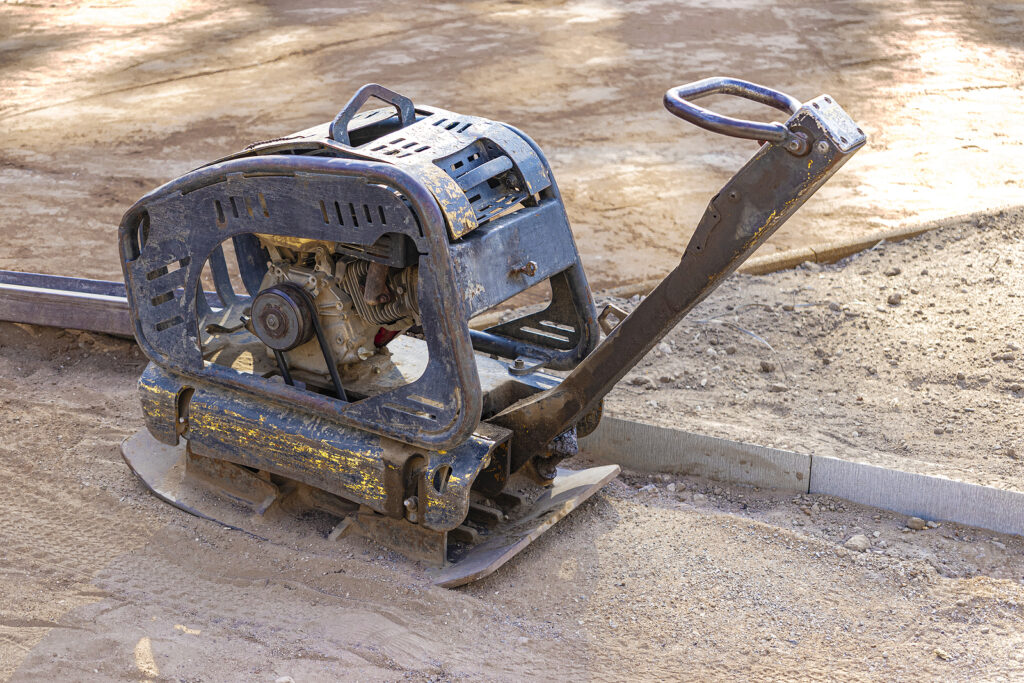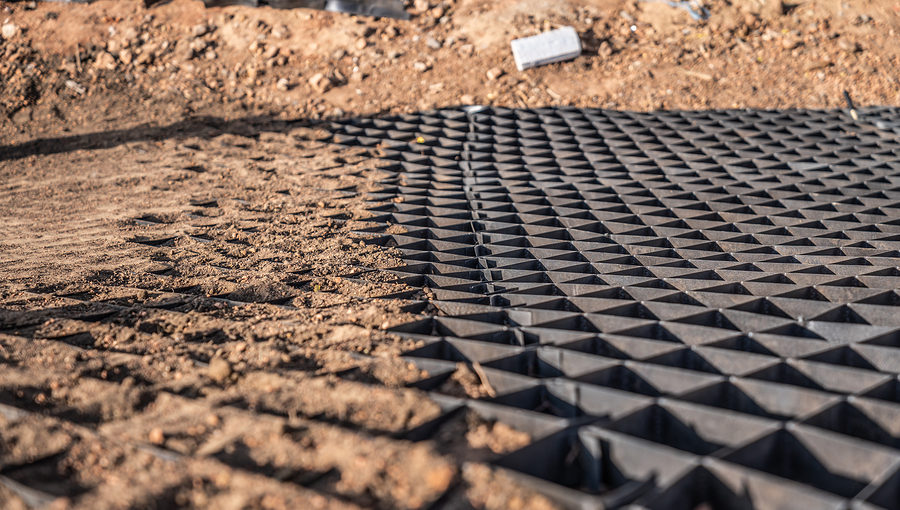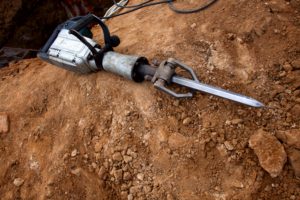When it comes to paving, there is always the possibility of the unexpected, and often times, unstable ground soil can be one of those unexpected obstacles pavers run into. Continue reading to learn more about soil instability, how it affects the paving process, and of course, how to fix it.

Top Causes of Soil Instability
The most common causes of unstable soil involve three issues: 1) composition, 2) compaction, and 3) organic matter. The presence of all three of these components, and the degree of their severity, have a direct influence on soil stability, but will vary from property to property.
When the ground is not evenly elevated, soil can be poured into missing gaps to create an even surface. But when soil is not poured and compacted in thin layers, it lacks proper support capacity. Soil must be compacted and uniform to provide a stable foundation for paving.
Soil Composition Affects Stability
When the ground soil contains high traces of organic matter, it can also be very unstable for paving projects. Topsoil, plant matter, and decomposing insects can become a stability problem when mixed with precipitation like rain or snow.
The most common cause of soil instability is composition. Strong soil retains a healthy balance of natural minerals, matter, water, and air. With the right balance, soil is stable enough for paving; but if soil lacks a balanced composition, it can be extremely problematic for paving projects.
How to Solve a Soil Instability Problem Before Laying Pavement
There are several soil stabilization methods paving contractors are likely to use for properties whose ground soil does not meet certain stability criteria. For example, pavers will use drainage tiles to remove excess moisture from soil. More methods of soil stabilization include:
☑ Installing Reinforcement Grids
☑ Chemical Stabilization
☑ Tilling and Turning Over Soil
☑ Dirt Sub-Grade Excavation
☑ Soil Replacement
☑ Soil Bridging
☑ Foamed Asphalt Injections
☑ Installing Soil Separation Fabric
☑ Professional Paving Service
Do you have questions about your commercial paving needs? Contact ACI Asphalt and Concrete at 317-549-1833 for licensed, bonded, and insured pavement installation and repair in Indianapolis, Indiana.
Related Posts:
Important Ground Reinforcement Tips
Are Your Concrete Sidewalks Heaving or Sinking?
Soil Instability Troubleshooting Tips for Paving Projects




